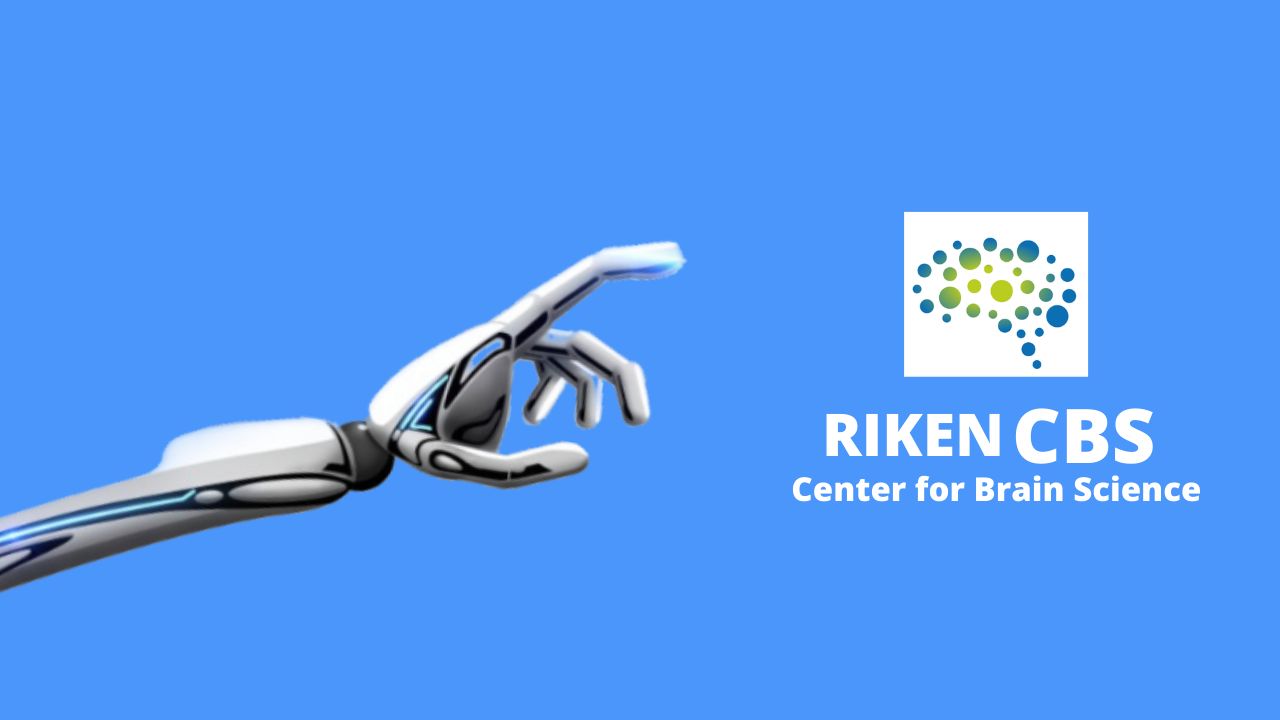
Last week, we had the honor to be invited to a party at RIKEN. We had always wondered how social interactions take place amongst intellectuals. Do they discuss their cutting-edge research projects? Do they get into heated philosophical debates on the implications of quantum mechanics? Or do they indulge in alcoholism and a sleepless night? Well, it is all of them above.
I first encountered a post-doctorate researcher who specializes in cognitive psychology. She devotes a great portion of her time to Mangas(Japanese picture book) and trying to convey complex concepts in psychology to the common audience. Currently, she conducts her research on time perception and how people of different ages and varying psychological conditions perceive time.
After spending 20 minutes shredding big chunks of cheese for the preparation of the meal, I was introduced to another researcher at RIKEN, a Spanish Ph.D. who specializes in muscle signals. He explained to me the concept of Electrical Impedance Myography, a non-invasive technique that measures electrical signals within muscles. Without going deep under the skin, hence "non-invasive", this technique deduces muscle movements from the electrical potential differences from measurement points on muscles. Interestingly, he majored in electrical engineering at university where he spent his time studying communication and electronic signals. I was instantly fascinated by the interdisciplinary nature of engineering.
Finally, a very last researcher approached me, who conversed with me in Chinese. After some brief self-introductions, she said that she received her master's degree in information science at Tokyo University and that she just recently obtained her position at RIKEN.
During dinner, the Spanish researcher brought up the question of how artificial intelligence differs from human intelligence. The lab director answered that human is capable of managing thousands of inputs at once and has the ability to balance all these information. The Spanish researcher replied with the fascinating concept of parallel processing, that even though human nerves might be less effective conductors compared to electronic devices, the human body has thousands of millions of channels through which information can pass through and are all intricately connected. This results in humans having the incredible ability at processing multiple inputs, that be a visual image, audio, or muscle strain.
Then, the discussion moved onto something more abstract and philosophical. The Spanish researcher discussed to the idea of determinism, that no matter what choices and decisions humans make, everything that happens in the universe is already determined, and this is because of Newtonian physics, that every force, velocity, and position of objects can be calculated and predicted—so are human behaviors. However, humans seem to be able to make spontaneous decisions and to be quite unpredictable. The Spanish researcher, again, put forth an idea that human intelligence might be able to be explained by the quantum theory, that human brains are capable of calculating and processing information "quantumly". And so human behaviors might adopt the uncertainty principle and can not be calculated in the Newtonian manner—but he explained that there is no evidence of that, yet.
The night was quite a novel experience for me. The one big takeaway was that all of these people enjoyed what they were doing. They enjoyed talking about science. Their passions for their specialized fields and science as a whole were inspiring and deserve admiration.